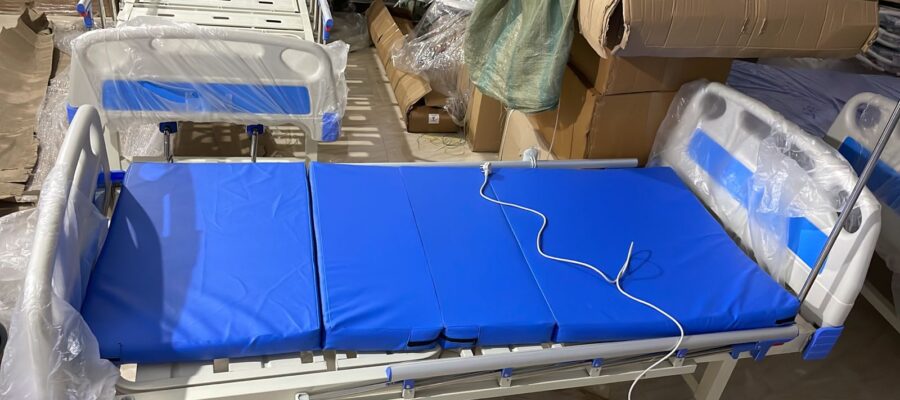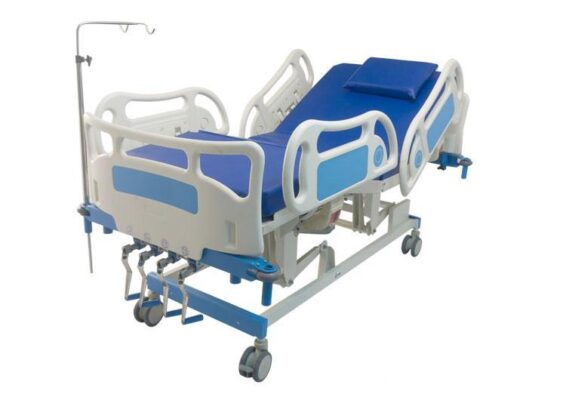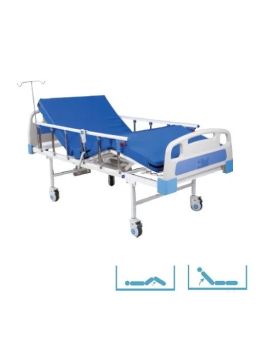
Living with any chronic or complex illness is never easy. It triggers a physically and emotionally exhausting journey for patients and their caregivers. After the initial shock fades, the most difficult part of the journey starts – the treatment. This is when the specialists often recommend supportive medical care services at home for patients.
But what is supportive care and what does it mean for a patient?
Today, supportive care means medical support that takes care of the patient’s symptoms and any side effects of the active treatment to achieve better patient outcomes.
For example, cancer patients undergoing chemotherapy treatment would need additional medical support to deal with side effects like nausea and pain. They would also need medical help to stabilize their vitals after one chemotherapy session so that they are physically ready for the next session.
Such medical services that support the patient as they undergo active treatment are termed as supportive care services.
What is Included in Supportive Medical Care Services at Home?
Supportive care can be sought at the hospital or at home as per the patient’s choice. However, due to the physical and emotional fatigue of the active treatment, many patients and their kin choose to have supportive care services at home.
As a home healthcare service provider, we offer the following under supportive care.
Remote Patient Monitoring
Many chronic illness patients undergoing active treatment need to be monitored daily for their vitals and overall health condition. Any sign of distress or onset of health complaints need to be reported to the doctor for immediate attention.
Understanding the patient’s condition and identifying problem areas may not be easy for the family who is not clinically trained for this.
So, under supportive care services, we enable monitoring of patient’s health after they have come back home. The patient is monitored regularly by a nurse as well as a Care Doctor who further updates the treating specialist about the patient’s condition.
Any matters of concern are reported immediately to the specialist who determines the treatment to be given to the patient at home to address the issues.
Doctor Services
We assign Care Doctors to monitor the patients for treatment side effects or new symptoms.
Our Care Doctors provide the medical attention at home through physical visits or tele-consults depending on the condition. The Care Doctors collaborate with the treating specialist to ensure that the symptomatic relief treatment is aligned to their specialty treatment.
The details of the patient’s side effects and symptomatic relief treatment are further digitally recorded and exchanged with the treating specialist by the Care Doctor.
In a nutshell, the Care Doctor’s role is very similar to the hospital doctors who assist the treating specialist in managing the patient’s condition during active treatment.
Nursing Services
When people think of nurses for patients at home, they often think of a basic nurse. However, complex illnesses like cancer, multiple sclerosis, or even stroke require skilled or specialty nurses. Such patients are often sent home with a catheter or a feeding tube which need proper cleaning and maintenance to avoid infections. Sometimes patients may also require some clinical procedures to be done. Specialty nurses are qualified to manage these things at home instead of having to visit hospital for the same.
We offer basic nursing services as well as specialty nursing to patients based on the requirement.
More details about the difference in basic and specialty nursing can be found in our brochure https://www.emergencycaresolution.com/brochure.pdf.
Clinical Interventions
There are times when complex illness patients experience issues that require immediate clinical interventions to avoid further complications. Time spent in traveling to a hospital for medical support can further manifest the issue which may lead to hospital readmission.
Many of these clinical episodes can be managed at home by a skilled clinical team. Our on-site team coordinates with the treating specialist to provide clinical interventions at home in a supervised manner. The patient doesn’t need to be rushed to a hospital for issues that can be handled at home.
A cohort study revealed that we were able to manage 96% of the clinical episodes at home which in turn reduced hospital readmissions.
Care Navigation & Coordination
In addition to quality medical treatment, what patients and their kin always seek is information. They are looking to understand the illness and how it might progress, what they can do to arrest any further developments, etc. A lot of times, this information gets lost in institutionalized care system.
Our care navigation services are aimed at addressing the questions patients or their families have. We help them understand the diagnosis, the treatment and what to expect from it, the complications to watch out for, etc. We also guide them through basic caregiving tasks like wound dressing, managing comorbidities, hygiene, feeding tube usage, etc.
We further help coordinate the different lab tests and diagnostics required during the treatment. We arrange for periodic lab testing services as part of our larger care plan which includes doctor consultations, nurse support, etc.
Benefits of Our Supportive Care
- Reduce frequent hospital visits
- Prevent avoidable readmissions due to complications
- Get better treatment outcomes
- Make informed medical decisions for yourself and your loved ones
Our supportive care services can also help reduce the overall cost of care by reducing the hospital visits and readmissions.
Call us +91-9739354555 to know more about our supportive care services.



